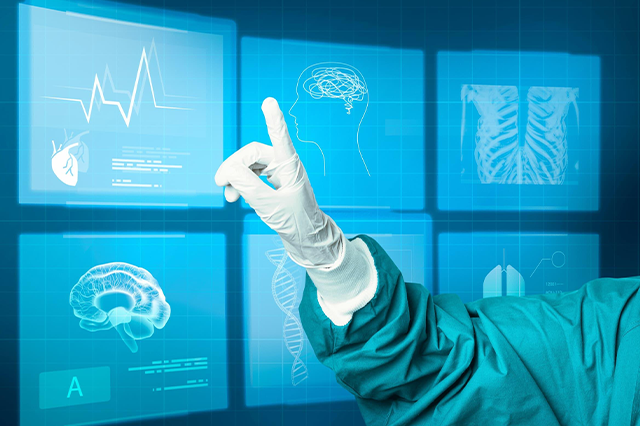Department of Practice of Medicine
The Department of Practice of Medicine at the Government Homoeopathic Medical College is a cornerstone in the academic journey of Bachelor of Homoeopathic Medicine and Surgery (BHMS) students. This department plays a pivotal role in imparting clinical and theoretical knowledge, preparing students to excel in their medical practice.
Vision
The Department of Practice of Medicine is committed to developing skilled and compassionate healthcare professionals through a blend of theoretical knowledge, clinical expertise, and research-oriented training. With a student-centered approach, the department ensures that its graduates are equipped to meet the demands of modern medical practice in homeopathy.
Academic and Clinical Training
The department provides comprehensive training to students during their second, third, and fourth years of study, combining theoretical learning with hands-on clinical exposure. Students are actively posted in both Outpatient Departments (OPD) and Inpatient Departments (IPD), allowing them to gain practical experience under expert supervision. The department also covers subspecialties, including:
- Psychiatry
- Paediatrics
- Dermatology
The college hospital is fully equipped with facilities to support OPD and IPD postings, enabling students to apply their knowledge in real-world scenarios.
Facilities and Infrastructure
The Department of Practice of Medicine is equipped with advanced tools to enhance clinical training:
- Computerized Spirometry Equipment : Used to evaluate lung function.
- Skill Lab Training Facilities : Interns and students develop their clinical skills through hands-on practice and simulated environments.
- Renal Special OPD : The PM department also operates a dedicated Renal OPD for the treatment and Management of all kidney – related disorders
Academic Activities
The department is dedicated to academic excellence, offering programs for both undergraduate and postgraduate students:
Postgraduate Training
- Daily Noon Sessions : Advanced teaching methods, including :
- Short and long case discussions
- Bedside clinical demonstrations
- Journal discussions, seminars, book reviews, and lab investigations
- Instrument demonstrations and skill lab training
- Research Training : Postgraduates engage in clinical case skill development programs and research activities.
Undergraduate Training
- Daily Morning Teaching Sessions : Focused lectures and discussions on various medical topics.
- Bedside Clinics : Conducted in IPD wards, involving live case discussions and patient-centered learning.
- Case Discussions : Interactive sessions to enhance diagnostic and treatment skills.
Teaching Methodology
The department employs a wide range of teaching methodologies to cater to diverse learning styles :
- Didactic lectures and PowerPoint presentations
- Patient-centric and evidence-based teaching



